- Adolescent and Youth Health
- AI Integration
- Family Planning and Reproductive Health
- Gender Equity
- Global Health Security
- HIV
- Immunization
- Infection Prevention and Control
- Innovations
- Learning and Performance
- Malaria Prevention and Treatment
- Maternal Newborn and Child Health
- Measurable Impact
- Nursing and Midwifery
- Primary Health Care
- Tuberculosis
- Women’s Cancers
Donate
Menu
Our Stories
Stories
Area of expertise
Area of expertise
Category
Category
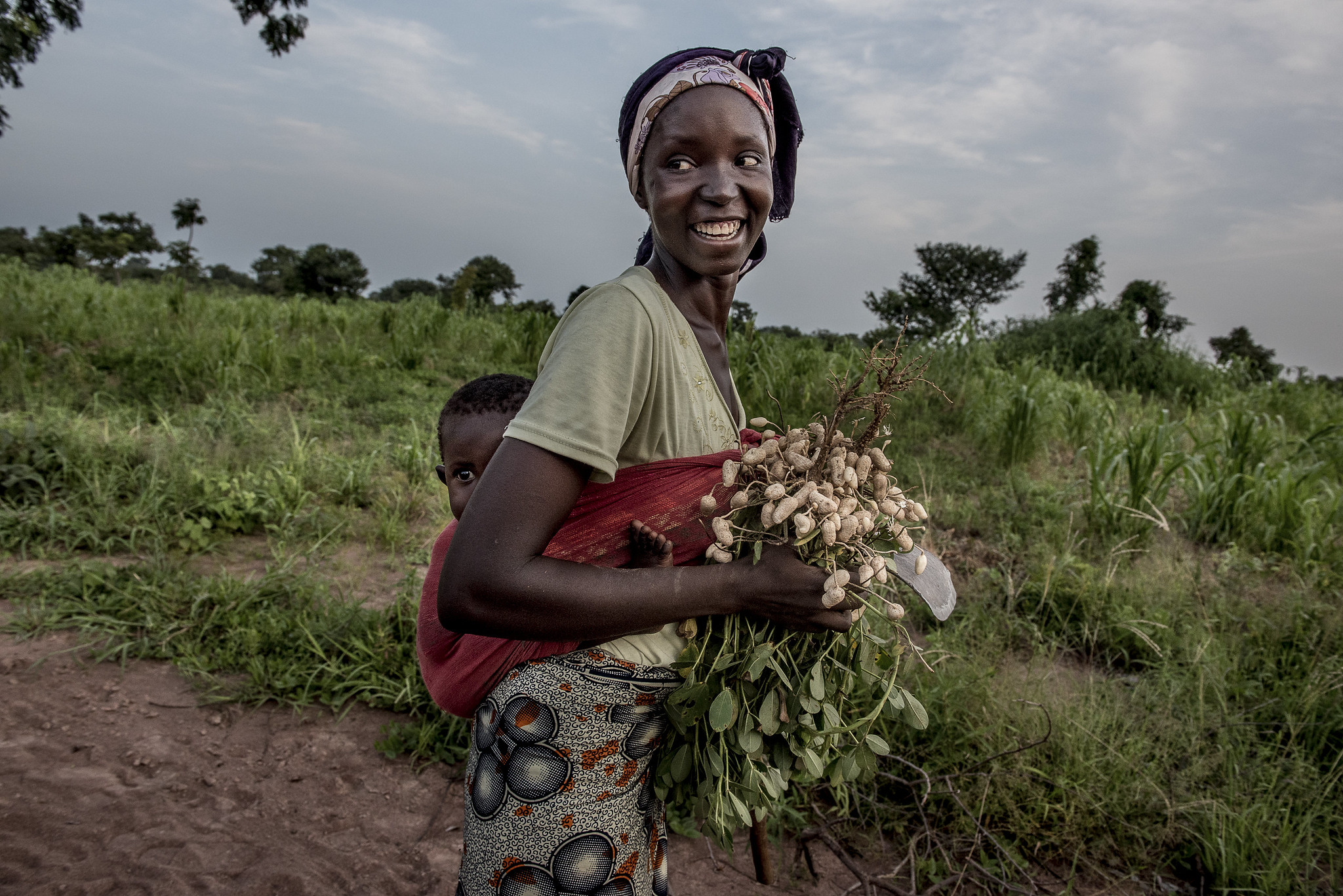
Because everyone deserves a healthy life.
2026 Laughter is the Best Medicine Gala

Jhpiego is an Action for Women’s Health Awardee

When Komiks Help Prevent a Deadly Cancer in the Philippines
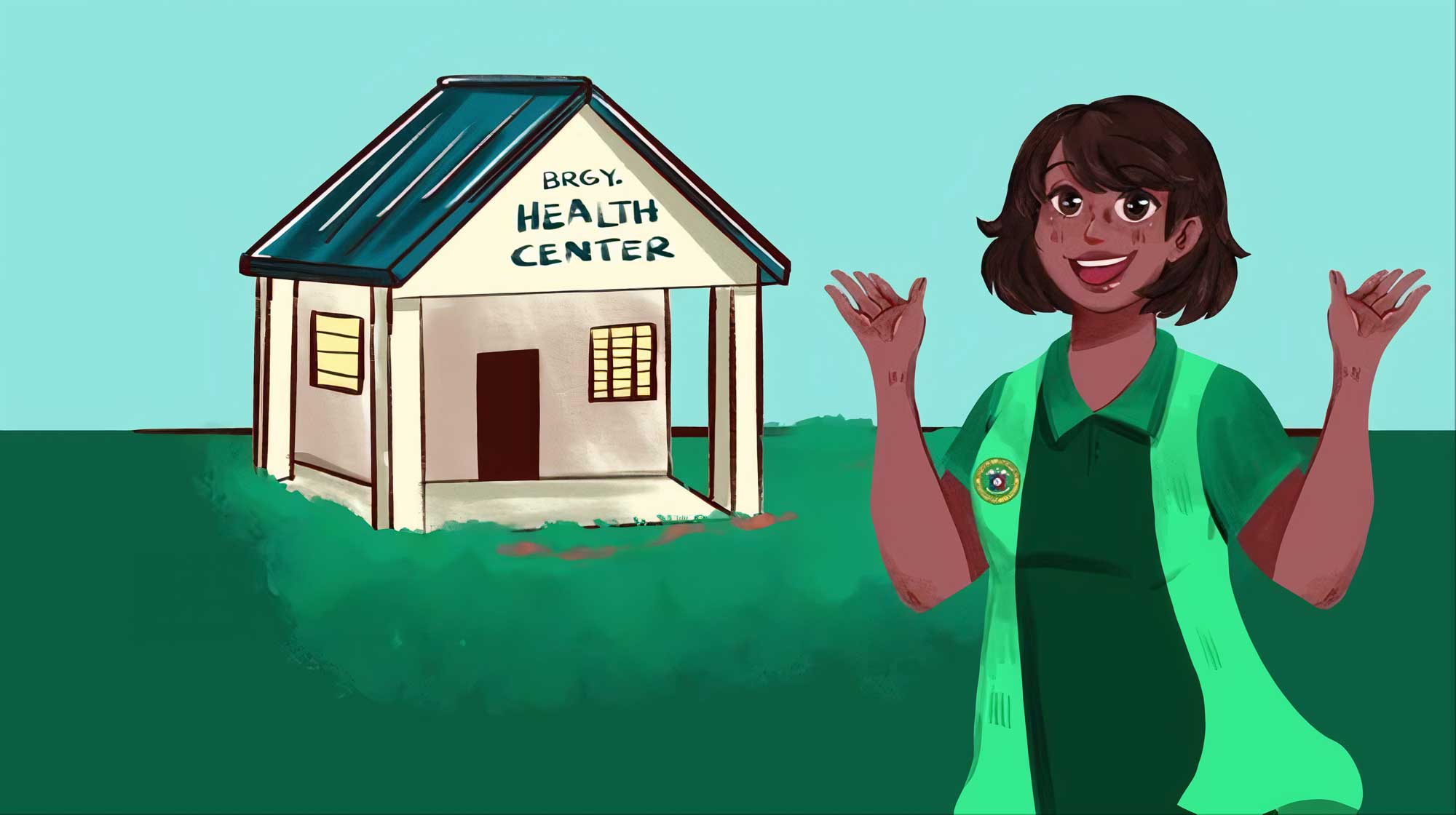
Latest News
Find
Your
Path
With
Us
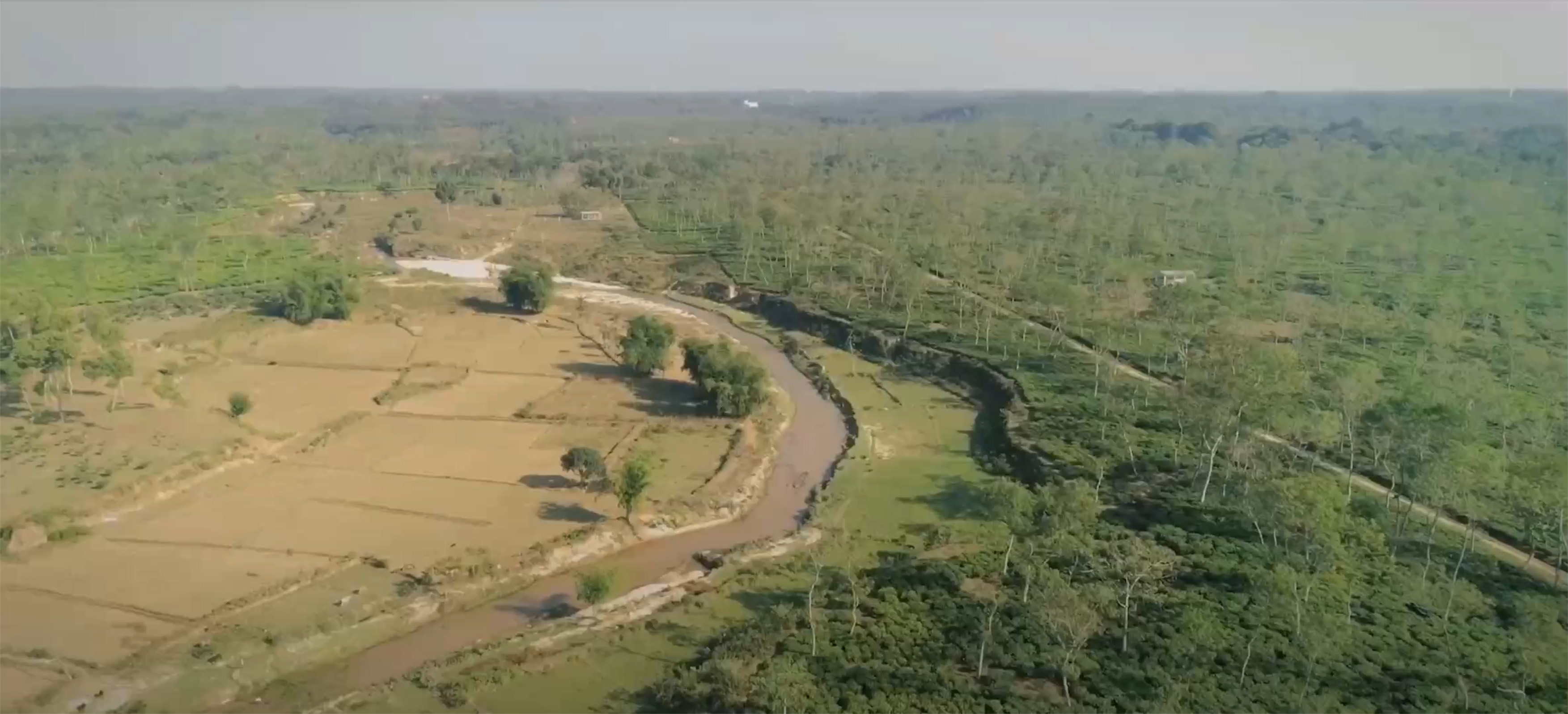
Find
Your
Path
With
Us
Find your path with us
Donate
Your donations provide the critical resources needed to deliver health care where it’s needed most, saving lives and giving families a brighter future with every contribution.
Collaborate
We collaborate with community organizations, ministries of health, and global institutions to create life-changing health solutions that strengthen health systems and ensure no one is left behind.
Partner
We rely on corporations, governments, foundations, and global partners to help us build a healthier world. Discover more about our work and how you can fund some of global health’s most innovative solutions.
Learn
We’ve pioneered breakthroughs in health care. By working with leading experts, we create innovative tools and strategies that expand access and drive meaningful change.
Donate Now
Give a gift and change a life.
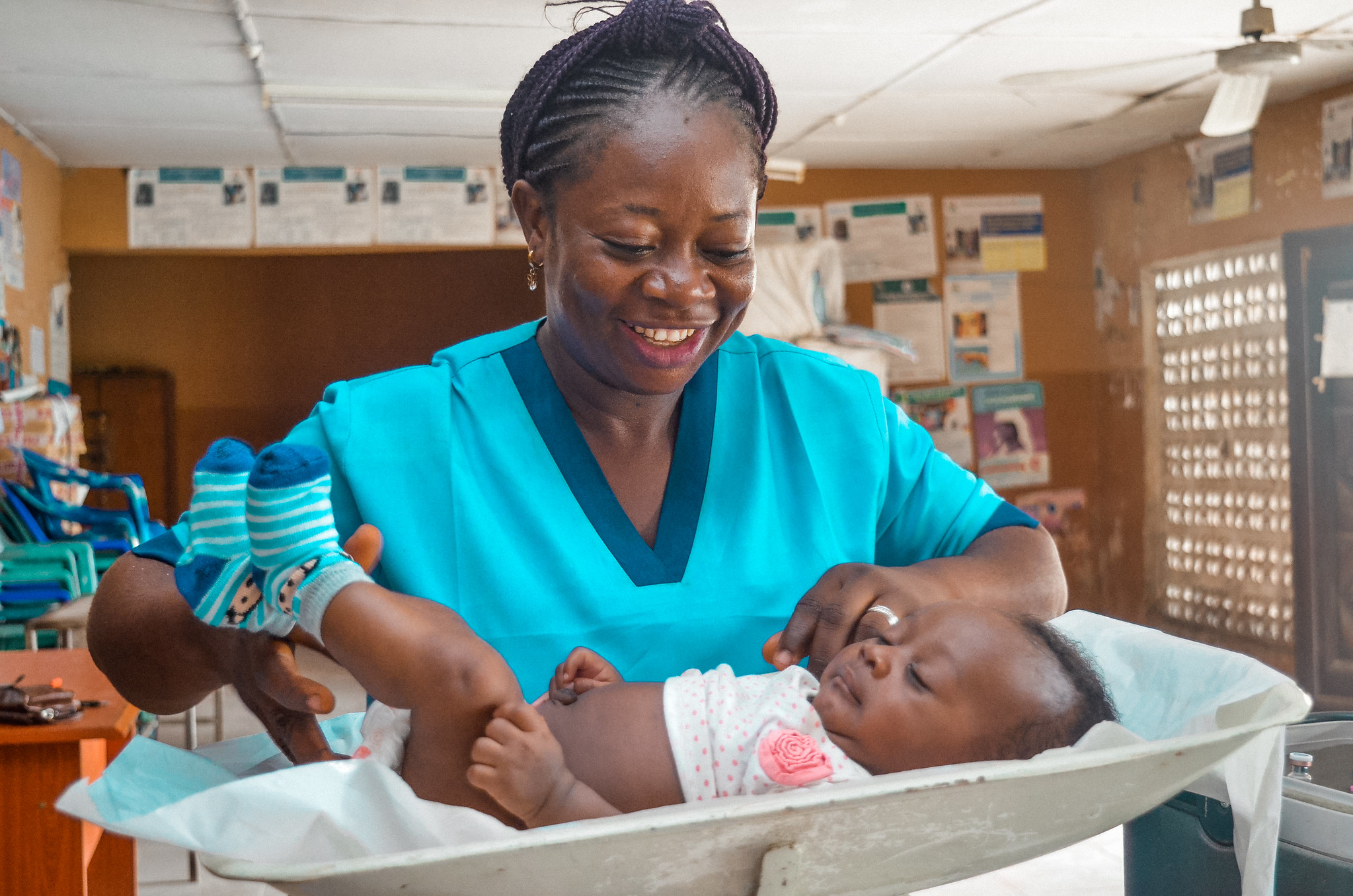
Improving
Access
To Care
Together
From 2019 to 2024, Jhpiego and our supported care facilities have provided:
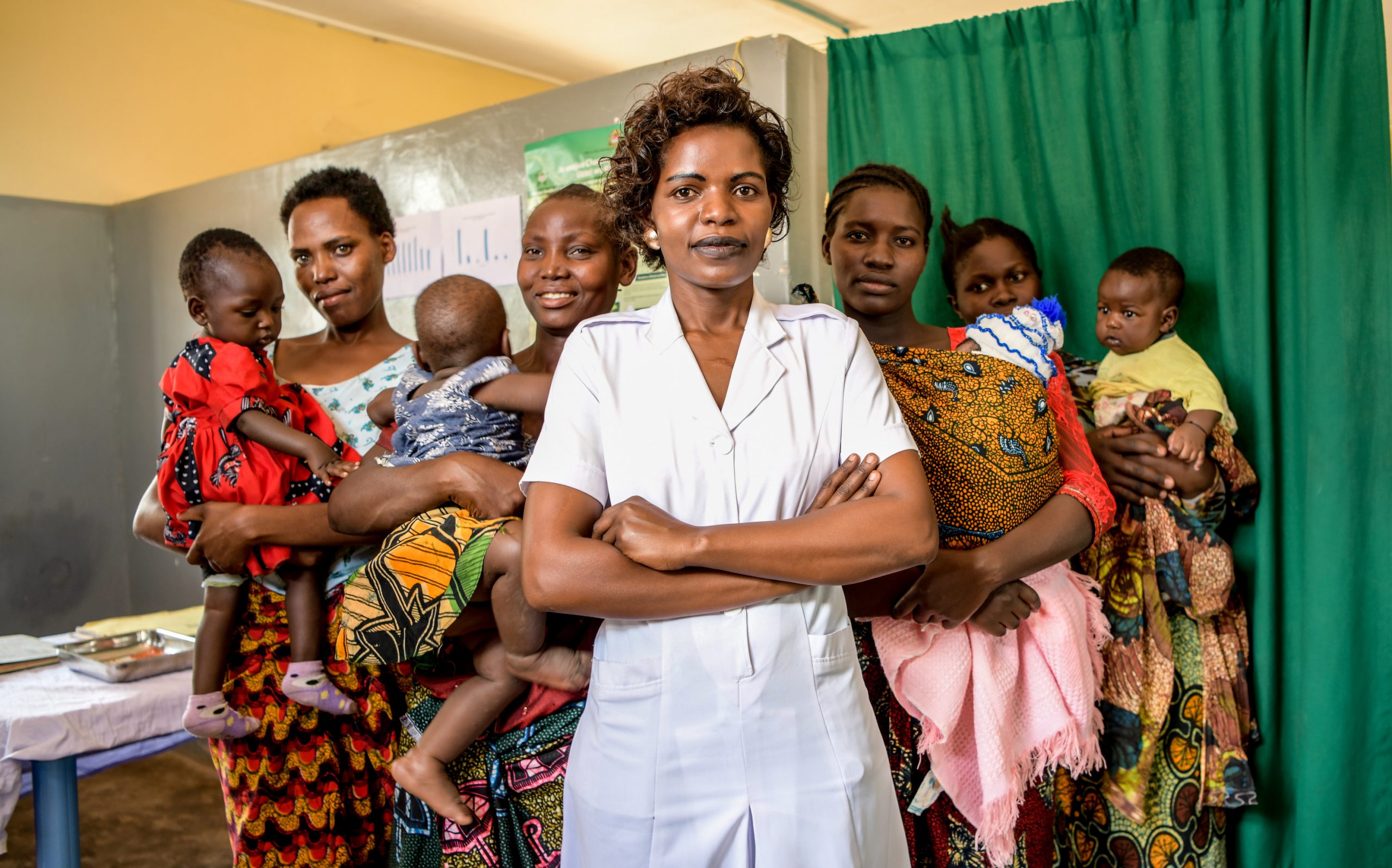
6.5M+
HIV Testing Services
20.1M+
Births In Jhpiego-Supported Facilities
81.8M+
Antimalarial Treatments
10.8M+
Covid-19 Vaccinations
- Areas of
ExpertiseHealthy women and children make healthy communities. That’s where we start, but it’s not where we stop. We focus on key health areas and components of health care itself, care giving, and the care ecosystem.
- The CareHealth care is a right, not a privilege. We partner with governments, the private sector, communities, and health workers to redesign how essential health care is delivered — expanding access and making care more sustainable, effective, and high-quality at every stage of life.

- Care GivingThe people who provide care are the heart of health systems. We help build a future-ready health workforce, equipping and supporting them to expand their reach, work more efficiently, and deliver the quality care every person deserves.

- Care EcosystemStrong and inclusive health systems are the foundation of lasting impact. From supporting local innovation and sustainable financing to strengthening markets and using data to drive efficiency, equity, and accountability, we build stronger systems that enable high-quality care.

Our Global
Presence
Presence
Our team works in more than 30 countries and counting.

Our Global
Presence
Presence
Stories from around the world




Newsletter Sign-Up
Stay up to date with our latest stories, resources, and other news from Jhpiego.
Johns Hopkins
University Affliate
Follow Us
Explore
Legal & More

